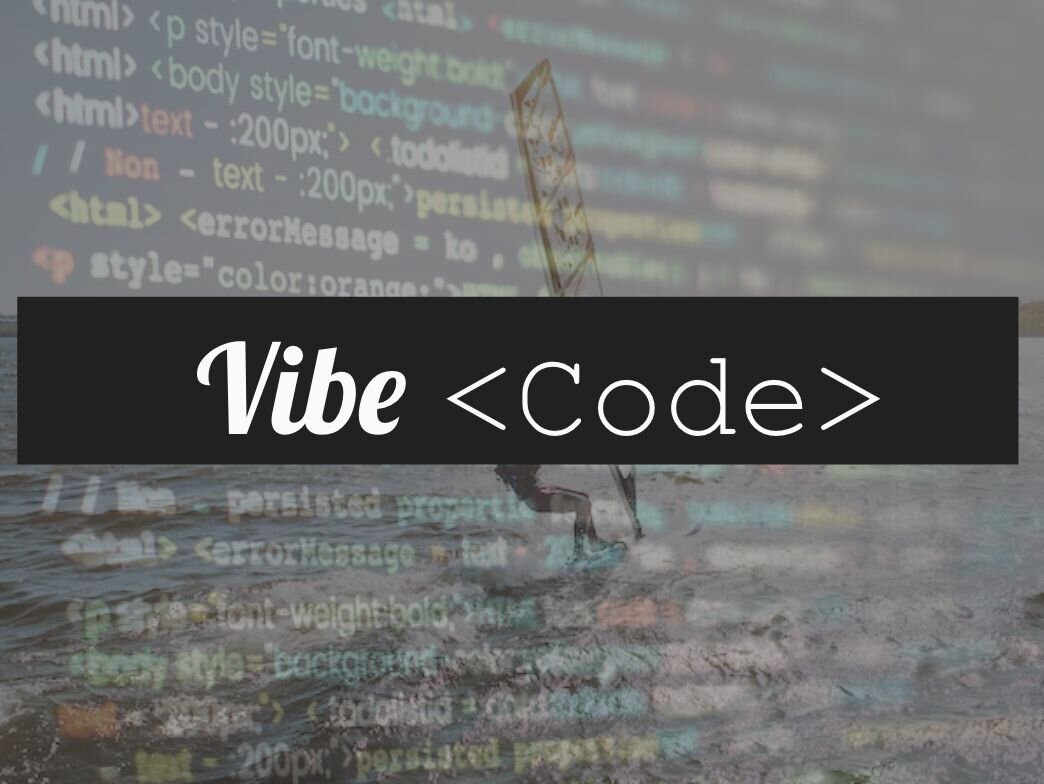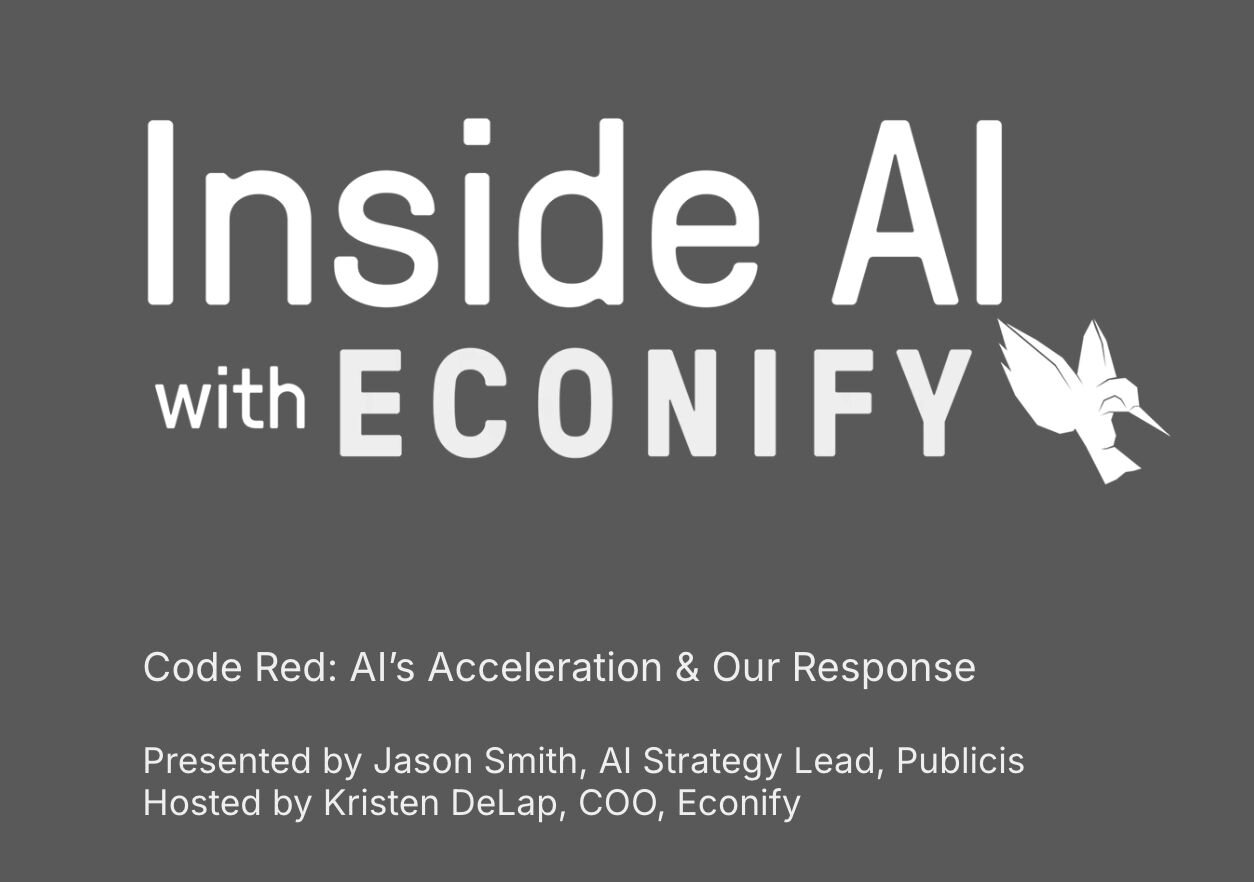Optimizing for AI and People: The New SEO Playbook from Vercel

AI-powered search is changing how people discover and engage with content. Vercel shares how to adapt your SEO strategy for large language models (LLMs) and AI assistants by creating authoritative, structured content that works for both machines and humans. In this new era, it’s not just about being ranked; it’s about being referenced, cited, and trusted.
Optimization Insights
- Own a “frontier concept” – Identify emerging or underexplored topics where you can lead with original, high-quality content.
- Publish definitive, evidence-backed content – Use unique data, expert insights, visuals, and code to create high-trust resources.
- Balance structure and readability – Use semantic HTML and schema for machine discoverability, while ensuring content remains intuitive and engaging for people.
- Foster citations and refresh regularly – Encourage organic linking (e.g., forums, GitHub) and update key content every 30–180 days to maintain freshness and authority.
Apollo MCP Server Bridges AI and APIs with GraphQL
Apollo has introduced the Apollo MCP Server, a powerful new tool that enables AI systems like GPT and Claude to interact with APIs via GraphQL. This launch represents a pivotal step in merging LLM capabilities with real-world operations—turning APIs into usable tools for intelligent agents.
Built on the Model Context Protocol (MCP), Apollo MCP Server abstracts away direct API access, offering a declarative, deterministic, and policy-enforced interface that’s purpose-built for AI systems. Rather than wiring up custom MCP servers per API, teams can now use GraphQL as the orchestration layer, which simplifies access, improves efficiency, and ensures consistent behavior.
Why GraphQL fits perfectly:
- Deterministic execution: Queries return exactly the right data in the right amount, improving AI output quality.
- Policy enforcement: Fine-grained access control is built into the graph, not the underlying APIs.
- Token & latency efficiency: Streamlined queries reduce both AI context window usage and response times.
- Developer agility: New MCP tools can be built declaratively and governed at the graph layer.
This is especially powerful when combining Apollo Connectors, which transform REST APIs into GraphQL with zero backend changes. That means faster iteration for teams building AI agents, with no rewriting or re-platforming required.
Apollo’s approach reflects a growing pattern we’re seeing: AI-native integrations that prioritize GraphQL for scalability and developer velocity—while still meeting enterprise requirements for security, governance, and control.
Rolldown-Vite Brings Rust-Powered Speed Boosts to Vite
Vite just got a major performance upgrade. The team has launched Rolldown-Vite, a drop-in replacement for the standard Vite package that swaps the JavaScript-based bundler for Rolldown—a next-gen bundler written in Rust. Rolldown is built on top of Oxc, a high-performance JavaScript toolkit, and aims to modernize Vite’s core infrastructure with dramatic improvements in speed and memory efficiency.
Real-world results speak for themselves:
- GitLab cut build times from 2.5 minutes to 40 seconds, with a 100x drop in memory usage
- Excalidraw saw a 16x speedup, from 22.9s to 1.4s
- Appwrite reduced builds from 12 minutes to 3 minutes
- Particl reported a 10x improvement over Vite, and 29x over Next.js
Vite’s famously fast dev server isn’t going away—but as large-scale projects push ESM’s limits, Rolldown sets the stage for even faster full-bundle workflows. For plugin authors and framework maintainers, now’s the time to test and optimize for this Rust-powered future. Developers can start using rolldown-vite today by aliasing it in their package.json. It's fully compatible with most existing plugins, though some edge cases may need migration tweaks.
Lighter, Smarter, Faster: Meet Storybook 9
Storybook 9 introduces a unified testing experience with built-in support for interaction, accessibility, visual, and coverage tests from inside the UI. It's now 48% lighter, supports more frameworks (like Svelte 5 and React Native), and offers low-code story generation. Tags, themes, and locales can be customized per story, making design systems easier to scale and test across variations.
We’re especially interested in how this release can improve frontend velocity and onboarding. Faster feedback loops, lighter dependencies, and smarter workflows are just what many of our clients need to reduce tool sprawl and stay consistent across teams.
A new path to scale Postgres: Multigresity
Multigres is a new open source project from Supabase that brings connection pooling, sharding, resiliency, and failover to Postgres. Led by Vitess co-creator Sugu Sougoumarane, it's designed to scale Postgres horizontally, without leaving the ecosystem behind.
It starts with pooling, with high availability and sharding on the roadmap. It is Apache 2 licensed and built to work alongside Supavisor and OrioleDB.
If you're pushing up against Postgres limits—too many connections, no failover, or scaling pain—Multigres is one to keep on your radar. No rewrites, no lock-in, just Postgres that scales.
Vercel BotID: Invisible Bot Filtering for Critical Routes
Bots that solve CAPTCHAs, run JavaScript, and imitate real users now slip past header checks and rate limits. Vercel’s new BotID acts like an “invisible CAPTCHA,” blocking Playwright / Puppeteer-style automation before it hits your backend. A single checkBotId() call in your route handler lets you quarantine suspect traffic with 403—no API keys or score-tuning required.
BotID ships in two tiers: Basic (on by default for everyone) and Deep Analysis, an enterprise-grade mode powered by Kasada that applies hardened, adversary-tested detection. Both tiers embed lightweight, obfuscated code that mutates on every page load, silently gathering thousands of signals and feeding a shared ML network that gets smarter with each attack it sees.
Key takeaways
- Session-level defense: detection starts client-side, resists replay and static analysis.
- Zero UX impact: no CAPTCHAs or friction for humans.
- One-function verification: pass/fail boolean—no thresholds to guess.
- Built for critical flows: protect checkouts, logins, sign-ups, pricing APIs, LLM endpoints, and other cost-sensitive routes.
- Available now: Basic for all plans; Deep Analysis for Pro & Enterprise.
Migrating to React Native’s New Architecture Became a Priority
June marked the end of development for React Native’s old architecture. This means bugs won’t be fixed, and no new features will be added. While apps running on the old system will still work for now, the clock is ticking.
The React Native team has made it clear: all future investment is going into the New Architecture—Fabric, TurboModules, and Codegen. From version 0.74 onward, it’s the default focus. That makes migration less of a nice-to-have and more of a necessary step to stay current.
If you haven’t had to upgrade yet, you should begin considering it. Bugs will continue to crop up that won’t be officially fixed. The migration path is well documented, and the ecosystem is increasingly supportive. It’s a lift, but one that pays off in long-term stability and better developer experience.
Navigating the Pitfalls of Vibe Coding
Vibe coding - rapid prototyping with AI-generated code - can feel magical at first. But without structure, it often leads to bloated, broken, and unscalable apps. In our latest blog, Econify’s Alex Kondratiuk unpacks two real-world examples where LLM-driven development went off the rails - and what teams can do to course-correct. Read the full story here.

Stay ahead of the curve with Econify's newsletter, "The Loop." Designed to keep employees, clients, and our valued external audience up to date with the latest developments in software news and innovation, this newsletter is your go-to source for all things cutting-edge in the tech industry.
Missed an issue? Explore The Loop's archive here. New to our newsletter? Subscribe now.
The Loop is written and edited by Victoria LeBel, Alex Kondratiuk, Alex Levine, and Christian Clarke.
Latest Tech Updates in Your Industry
Designed to keep employees, clients, and our valued external audience up to date with the latest developments in software news and innovation. It is your go-to source for all things cutting-edge in the tech industry.
Related Updates


























Contact Us

New York, NY 10003



New York, NY 10003, U.S.A.
London, EC4A 3TW,



